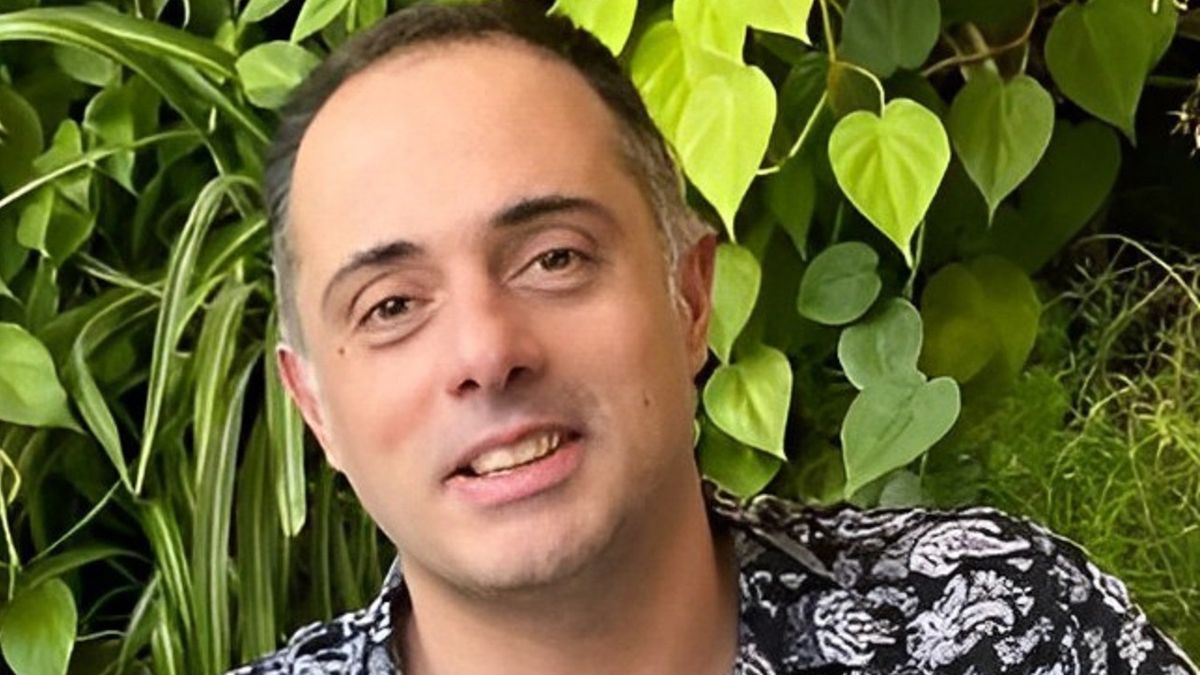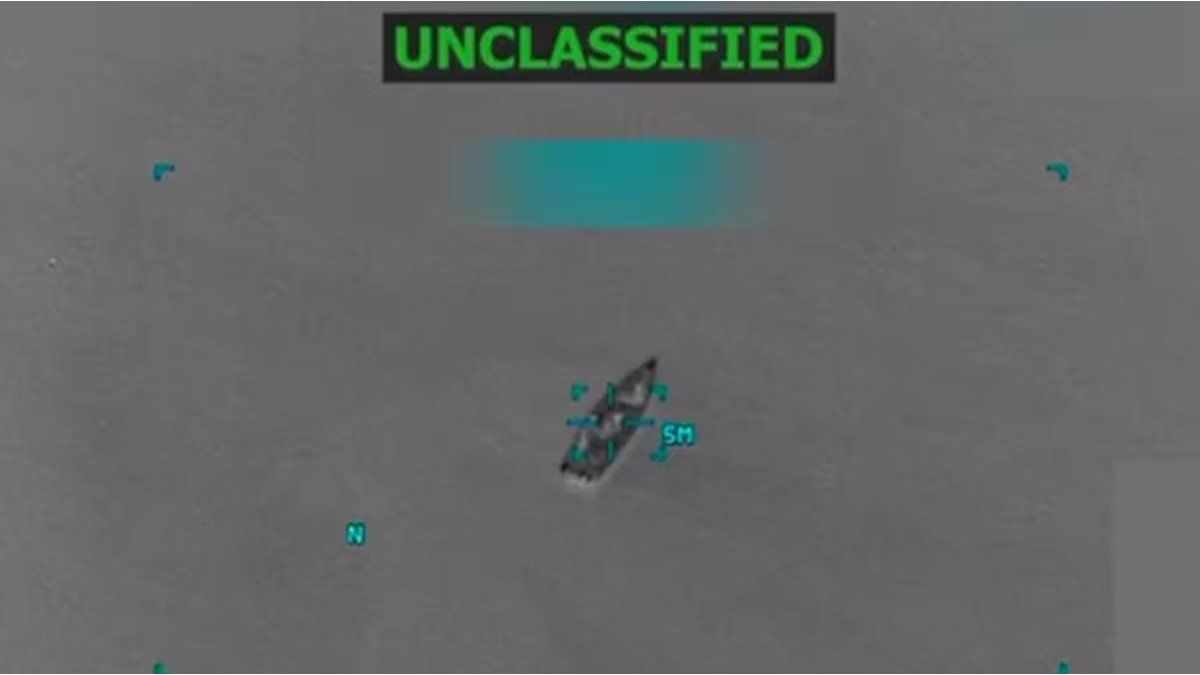The journalist Federico Stahl. Looking to document abandoned places, he goes as a maintenance employee to spend a week on an oil platform, and faces, in our near post -epocalyptic world, to an indecipherable and monstrous entity, and a woman, distant and mysterious, in the novel of Ramiro Sanchíz, “the events” (Economic Culture Fund), new stage of the saga STAHL projectthat lies the fantastic, strange and science fiction. The outstanding Uruguayan narrator and essayist Sanchízreferent of science fiction and Weird In Latin America, which has published more than twenty works, it will be on Friday, May 31, at 6:30 p.m., presenting its new novel, and talking about posthumanism, literature Weird and theory-fiction, with Florence Canosa and Claudia Aboaf, in the background of the Fund, Costa Rica 4568, CABA,
Journalist: How do you get to that platform at the Ojootsk Sea, between Russia and Japan?
Ramiro Sanchíz: The stories in general are nourished from different types of ideas. Sometimes a story arises from a very specific idea and, in my experience, a novel from different rivers. When I started writing “the events” was very involved in two themes. What has been called the sonic turn, a current way of thinking about music. And “The world without us”, as his book Alan Weisman, and the “islands of abandonment” of Cal Flyn, “life in posthuman landscapes”, what will remain of the cities if something happens with humanity. The post -capitalptic that has now become fashionable “the eternal”.
Q.: What is “The Sonic Giro” that becomes enigma, intelligence and threat in your novel?
RS: There are current ways of thinking music that are not from the strictly musical but from the sound itself. I am interested in the different ways of thinking about sound in recent times, which goes from sonic weapons, sonic war, anomalous sounds. A line that is between science fiction and speculation rooted in reality, is found in books by David Top, Simon Reynolds, and key in Marc Fisher.
Q.: How does it happen in your novel of theories to adventure?
RS: I had the abandoned, bleak places, which CAL Flyn recorded, discovered about the sound, my fascination of the sea – as a boy was a fan of Jacques Cousteau – already Federic Revert climate change.
Q.: Does that take it to the oil platform?
RS: I always seemed strange places. Federico is alone and the weather. And there is something in the ocean that is not a rare entity, a monster, but something that produces strange phenomena, which seems at intelligent moments, a kind of conscience. It is the Lovecraftian horror. Federico is going to work as a maintenance employee for a week. He will take notes and is caught by the ghosts of the place, to name them in some way. And for my love for the Weird.
Q.: How a new Robinson Crusoe finds its Friday?
IS: Discover that the platform is, together with others, part of a complex that compete in different functions with the same goal. There is something strange about that, something that Federico seeks to discover in the notes that have left their predecessors. It supposes that in the other platforms there are scientific personnel. Seek to communicate. He does not get any response, until he gives with Ada, a German scientist, the only one with whom he can talk. To Ada’s voice, which comes to think that it is that of an AI, that sound is added that is a language that seems to come from the sea. Federico seeks to determine what is happening.
Q.: That connects with your ideas …
RS: What was before speculative, today is reality. GPT 4 is a human intelligence. Climate change, pandemic, let us know for the body that we are not the center of anything, less than this world. Before we thought we were the dominant intelligence of the planet, the only one. Today there are not only artificial intelligences, but other non -human with which we live together. Fungi, for example, exist in a network. Through the Micelio network they control moisture, nutrients, have some intelligence that exists long before us.
Q.: What is the Stahl project, which on your novel’s last page has a graph?
RS: Twenty years ago it occurred to me to narrate, in novels and stories, the multiple possible lives of a character. Federico Stahl is in one is a journalist on an abandoned platform, in another a itinerant pianist of provinces in a post -political world, in another a taxi driver who discovers a murder, in another a transhumanist porn star, in another an aviation historian, among other vital alternatives. It is like a series, a mosaic of novels and stories. Each of the stories is independent, but if they were gathered, it would be a range of variations, as in music, as Raymond Queneau or Georges Perec did. Each new novel feeds the process. It is like a biological machine based on the premise that makes the STAHL project. I don’t have a plan, it’s not a puzzle, I’m seeing what comes out, what is happening.
Q.: What are you writing now?
RS.: I have two finished novels and for two years I have been taking notes and making schemes of a long novel, not as long as “Los Sorias”. It is a dark, twin from Montevideo. I started from the legend of Romulo and Remo. Romulo founded Rome, and rowing, his twin, thought about founding one to the other side, which he would call Reia, which would be like the dark side, but Romulo kills him. I work on how Montevideo’s dark twin would.
Source: Ambito
I am an author and journalist who has worked in the entertainment industry for over a decade. I currently work as a news editor at a major news website, and my focus is on covering the latest trends in entertainment. I also write occasional pieces for other outlets, and have authored two books about the entertainment industry.




